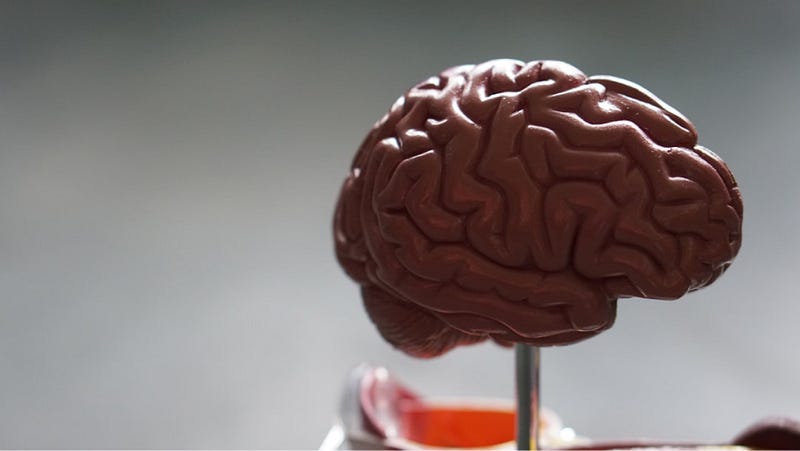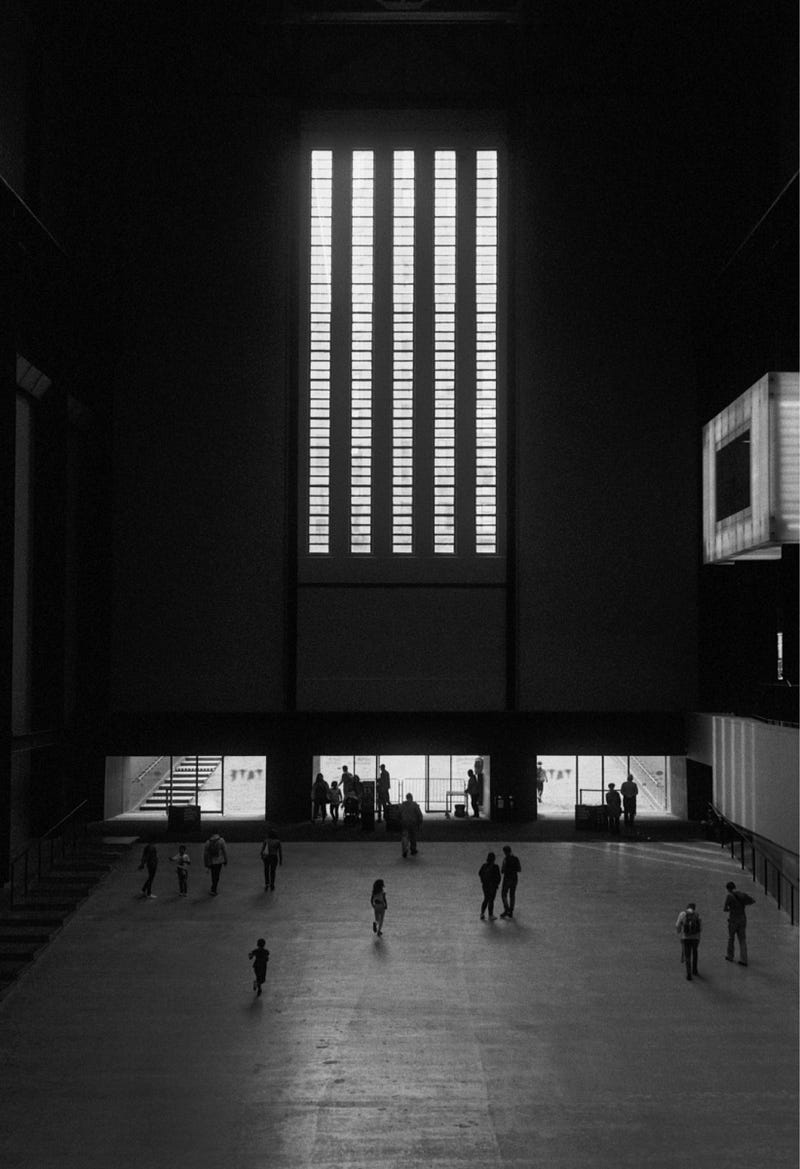Unlocking the Secrets of Time Perception: A Deep Dive
Written on
Chapter 1: Understanding the Mystery of Time
Time is an enigmatic force that affects us all, weaving through our lives in both profound and subtle ways. From the steady ticking of a clock to the fleeting moments of happiness and sadness, our perception of time is integral to our life experiences. Yet, despite its constant presence, time remains one of the most puzzling aspects of human existence. This enigma becomes particularly evident when we notice how time seems to speed up as we grow older.

Have you ever been struck by how quickly the years fly by? What once felt endless now seems to vanish like sand slipping through our fingers. The feeling that time accelerates with age is a common sentiment shared by many, prompting deeper reflection on the nature of time itself.
In this article, we set out to explore the complexities of time perception, examining how neuroscience, psychology, culture, and personal experiences shape our understanding of time. We will look at everything from brain function to societal influences, aiming to uncover why time feels like it rushes past as we age, and how we can reclaim a sense of time abundance to fully engage with the present.
Part 1: The Neuroscience of Time Perception
While time is objectively measured with clocks and calendars, our perception of it is highly subjective and influenced by an array of biological, psychological, and environmental factors. At the core of our understanding lies the remarkable functions of the human brain.

The human brain, with its vast network of neurons, orchestrates our time perception. Key regions, including the prefrontal cortex and basal ganglia, are essential for processing temporal information. Neurotransmitters like dopamine and serotonin, which regulate mood and reward, also significantly affect how we perceive time. Research has indicated that changes in these neurotransmitters can lead to experiences of time dilation or contraction.
Moreover, the aging brain may undergo structural and functional changes that contribute to the sensation of time speeding up. As neural connections weaken and processing speeds diminish, our ability to accurately encode and retrieve temporal information may falter, compressing our perception of time.
Stay tuned as we continue exploring the intriguing realm of time perception, looking into the psychological and societal factors that shape our experiences and providing practical tips to reclaim our sense of time abundance.
Part 2: Cultural Influences on Time Perception
Time perception is not only shaped by neurological factors but is also deeply impacted by cultural and societal influences that define our views and attitudes toward time. From cultural practices to technological developments, these external elements significantly affect our subjective experience of time.

Cultural attitudes toward time can vary widely. In "monochronic" cultures, such as those in the U.S. and Northern Europe, time is often seen as linear and segmented, with a strong emphasis on punctuality and efficiency. Conversely, "polychronic" cultures, found in many parts of Asia and Latin America, value flexibility and relationships over strict adherence to schedules, viewing time as fluid and interconnected.
These differing cultural perspectives can lead to misunderstandings in multicultural settings but also highlight the subjective nature of time perception and the diverse human experience.
2. The Impact of Technology on Time
The rapid advancement of technology and the omnipresence of digital devices have fundamentally altered our relationship with time. In our hyperconnected world, information travels instantaneously, blurring the lines between work and leisure.

The constant influx of emails, notifications, and social media can create a sensation of temporal compression, where time feels like it rushes by, leaving us overwhelmed and detached from the present. This "acceleration effect" of modern technology intensifies our perception of time speeding up as we strive to keep up with the demands of the digital age.
3. Life Transitions and Their Effects
Significant life events, such as marriage, parenthood, career changes, and retirement, can deeply affect our perception of time. These pivotal moments often serve as markers in our lives, shaping our autobiographical narratives.

Research shows that the richness of experiences tied to major life events can create lasting memories, making time feel as though it has slowed down during times of heightened emotion. In contrast, the predictability of daily life can lead to a sense of monotony, where days blur together.
Recognizing the impact of life events on our time perception allows us to appreciate the present moment and cherish the experiences that enrich our lives.
Part 3: Practical Strategies for Embracing the Present
Now that we’ve explored the various factors influencing our perception of time, let’s discuss practical strategies to reclaim a sense of time abundance and fully engage in the present.

- Mindfulness and Awareness: Implement mindfulness practices to enhance your awareness of the present moment. Activities like mindfulness meditation and deep breathing can anchor you in the now, free from distractions of the past and future.
- Seek Novelty: Introduce excitement into your daily life by pursuing new experiences and challenges. Trying a new recipe, exploring a different trail, or learning a new skill can rejuvenate your curiosity and expand your perception of time.

- Gratitude and Reflection: Develop a gratitude practice to acknowledge the richness in your life. Keeping a gratitude journal can help you focus on joyful moments and reflect on daily lessons and blessings, slowing down your perception of time.
- Deep Connections: Invest quality time with loved ones, nurturing relationships that transcend time constraints. Engage in meaningful conversations, put away devices, and create shared experiences to foster lasting memories.

Conclusion: Cherishing the Time We Have
In the intricate tapestry of human existence, time serves as both a constant presence and a profound mystery. While time may seem to march on relentlessly, our perception of it is not fixed. By understanding the interplay of biological, psychological, cultural, and societal factors that influence our experience of time, we can reclaim a sense of abundance and engage more fully with the present.
Let us appreciate the gift of time with gratitude, cherishing each moment as an opportunity for growth, connection, and discovery. By cultivating mindfulness, embracing novelty, practicing gratitude, and fostering deep relationships, we can slow down the relentless passage of time.
As we embark on this journey of self-discovery, may we remember that time is not just a measure of minutes and hours but a reflection of the moments we choose to savor, the memories we cherish, and the lives we live. Let’s make each moment count and treasure the fleeting beauty and endless possibilities time offers.
Explore the fascinating relationship between time perception and the brain in this video on how our minds keep track of time.
Join Jack Antonoff as he discusses theoretical physics and its connection to our understanding of time perception in this insightful video.